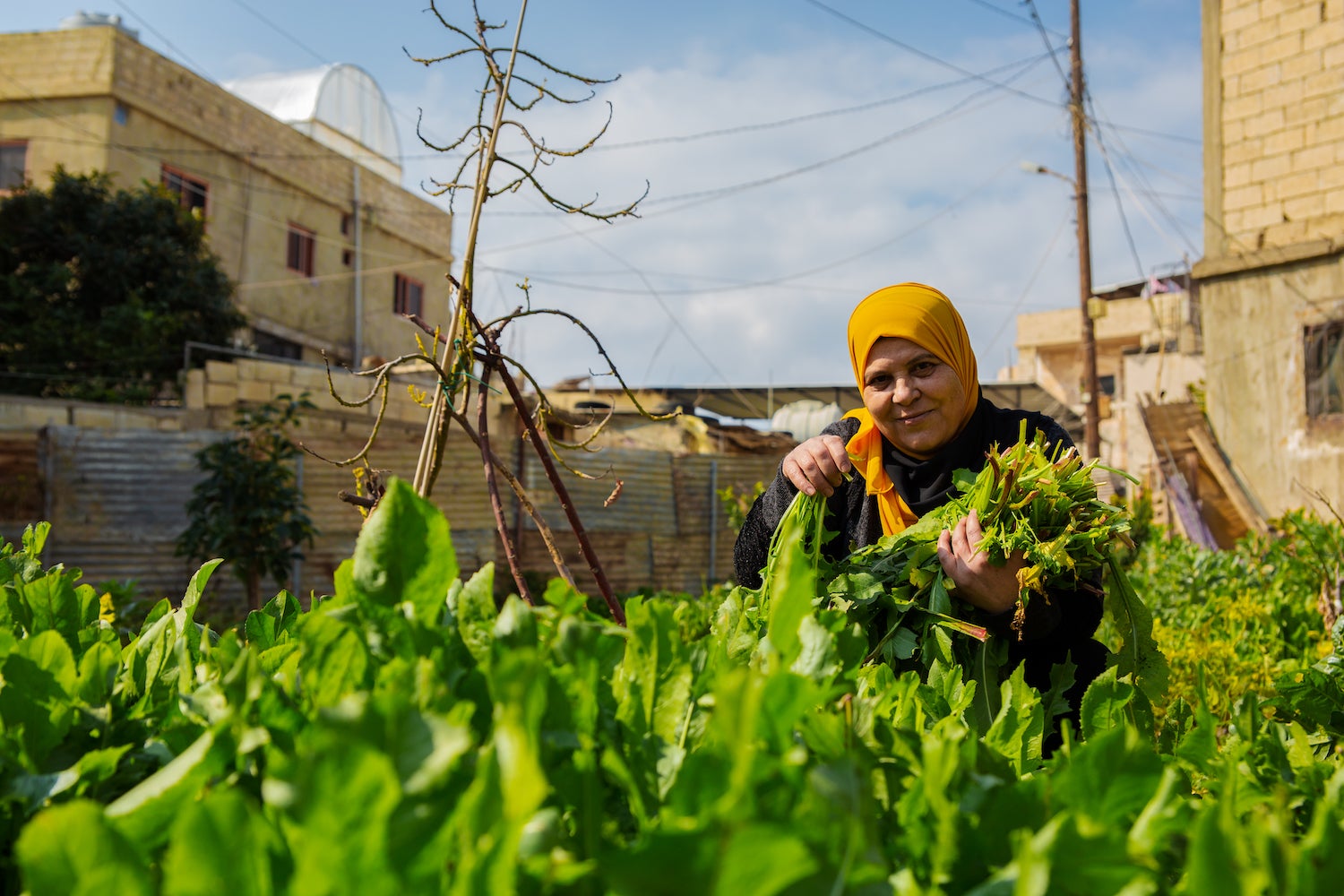Climate
Building resilience for the future
Image

The COVID-19 pandemic has revealed the degree to which we are unprepared to respond to and recover from systemic crises. In the face of a looming environmental and climate crisis, we must build back our political, social and economic structures to be more sustainable, resilient, and responsive to the needs of marginalized groups.
What can governments do?
- Strengthen the capacities of women and girls to build climate, environmental and disaster resilience by investing in climate-resilient sustainable livelihoods and promoting women’s access to and control and ownership of resources.
- Transition away from fossil fuel economies. Currently women make up 32% of employment in the renewable energy sector but are only 1 in 10 managers. Reskilling and retraining women to ensure they get a fair share of these opportunities is critical.
- Rethink the metrics used to measure economic and social progress, moving beyond GDP, which only measures monetary value of commodities produced and exchanged. New metrics must capture the value and contribution of non-market domains, including unpaid care and ecosystem services.
- Put care at the center of a new sustainable economy. Prioritize investments in the expansion of quality care services to create jobs, and increase support for unpaid caregivers, including through paid family leave and universal child allowances.
- Increase gender-responsive climate, environmental and disaster risk finance. Financing should come from countries and actors who bear the largest historical responsibility for emissions.
What is UN Women doing?
- Advocating for gender-sensitive climate action at the national level, including:
- Producing a roadmap for the creation and implementation of gender-sensitive climate policies within the context of COVID-19;
- Supporting the inclusion of gender issues in national climate plans aligned with the Paris Agreement on climate change;
- Driving the creation of new policies to protect women’s land rights and tenure security.
- Driving women’s representation and leadership in STEM via the Generation Equality Forum’s Technology and Innovation for Gender Equality Action Coalition.
- Supporting rural women across Africa and Asia to build climate resilience, including:
- Identifying risks and designing solutions in the African region;
- Supporting women’s leadership in the disaster management sector in Southeast Asia.






